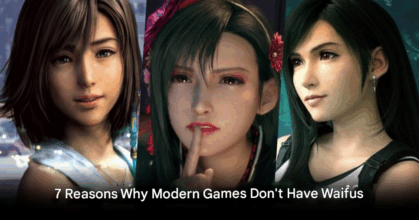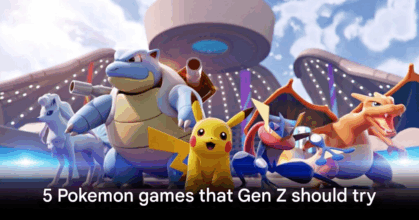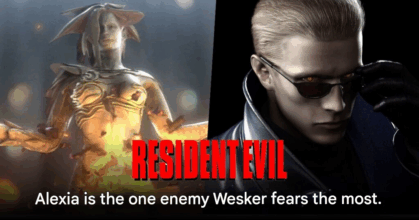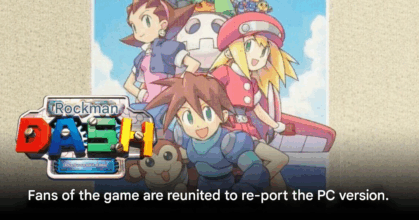This Puzzle Game Was So Hard to Translate, It Nearly Ended a Career
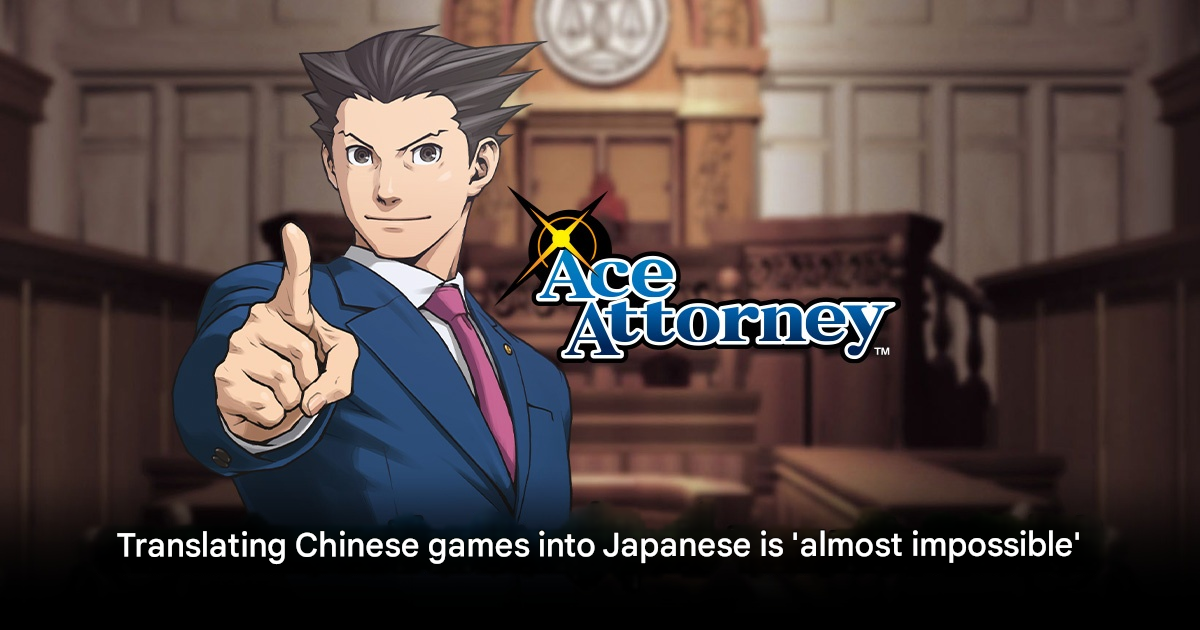

Translating a game isn’t just about switching one language to another. Sometimes, it means rebuilding the entire thing from scratch. That was the case for Seigai Kou, a Japanese-Taiwanese translator known for his work on Steins;Gate and Ace Attorney, who recently opened up about what he called the “nearly impossible” task of localizing the Chinese indie title Word Game into Japanese.
The game officially launched on August 14 in Japan for Nintendo Switch and Steam, and Kou found the experience of bringing it to life to be nothing short of grueling.
Scrabble from Hell: The Game Even the Ace Attorney Translator Struggled With
Originally released in 2022 by Chinese developer Team9 Games, Word Game is a unique puzzle-adventure that uses the Chinese language itself as the foundation for gameplay. Characters, environments, and even enemies are all constructed out of Chinese characters (Hanzi).
For example, a “tree” is literally built using the character for “wood” as the trunk and another character meaning “life” as the canopy. Roads, buildings, and objects—all are visually and functionally crafted using the meaning and form of the characters themselves.
But it doesn’t stop there; the text within the game is interactive, too. Players can delete, reorder, or rewrite sentences to trigger different puzzle effects. This makes Word Game not just a puzzle game but a game that lives and breathes through linguistic play—one that depends deeply on the structural quirks of the Chinese language.
Why Translating This Game Was a Nightmare
Although Japanese uses kanji (characters derived from Chinese), it also heavily relies on two phonetic alphabets: hiragana and katakana. Unlike Chinese characters, these phonetic scripts don’t carry inherent meaning; they’re just sounds. This limitation made it virtually impossible to recreate the same kinds of visual-word puzzles in Japanese without fundamentally redesigning them.
Kou explained that translating Word Game wasn’t just about localizing the text. He had to invent new Japanese sentences that not only fit the puzzles’ logic but were also grammatically correct and functionally identical to the original gameplay. Space constraints posed a constant challenge. For instance, the Chinese word for “thank you” uses just two characters (“謝謝”), but the Japanese equivalent “ありがとう” is five characters long—an enormous difference in a game where spatial arrangement is the puzzle.
No Script. No Tools. No Shortcuts.
Perhaps the greatest challenge was that Word Game wasn’t built with localization in mind. Kou had no original script, no translation notes, and no tools to work with. He had to play the entire game manually, take thousands of screenshots, and jot down notes one page at a time. By the end of it, his notes totaled over 10,000 pages.
It took him two months just to organize his material and an entire year to complete the translation and rebuild the puzzles in Japanese, in close collaboration with the developers.
Kou admitted there were moments he felt like quitting entirely, not just the project, but game translation as a career. “Ace Attorney and Steins;Gate were challenging,” he admitted, but “Word Game was an entirely different experience. If I managed to finish this, I honestly can’t imagine what could be harder.”
The Result? One of the Most Complex Game Translations Ever
Despite every roadblock, Word Game eventually launched in Japan, a feat that many in the industry now regard as one of the most complex localization efforts ever accomplished. Without someone brave enough to take on the English version, the game may remain locked to Chinese and Japanese audiences for the foreseeable future.
If you’re curious to experience what Kou calls “Scrabble from Hell,” the game is now available on Nintendo Switch and Steam.
Final Thought
What Word Game proves is that localization isn’t always about direct translation—sometimes, it’s about creative reinvention, cultural adaptation, and sheer perseverance. This project serves as a rare behind-the-scenes look into how language can be both a tool and a barrier in game development. And for Seigai Kou, it was a defining moment in a storied career.

